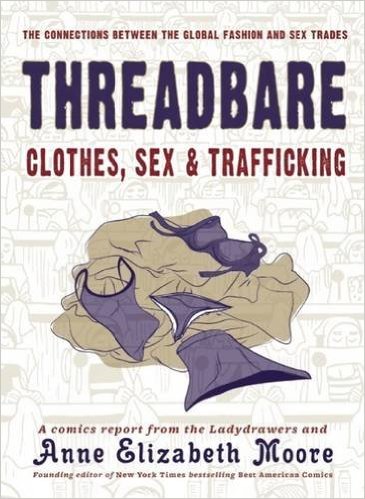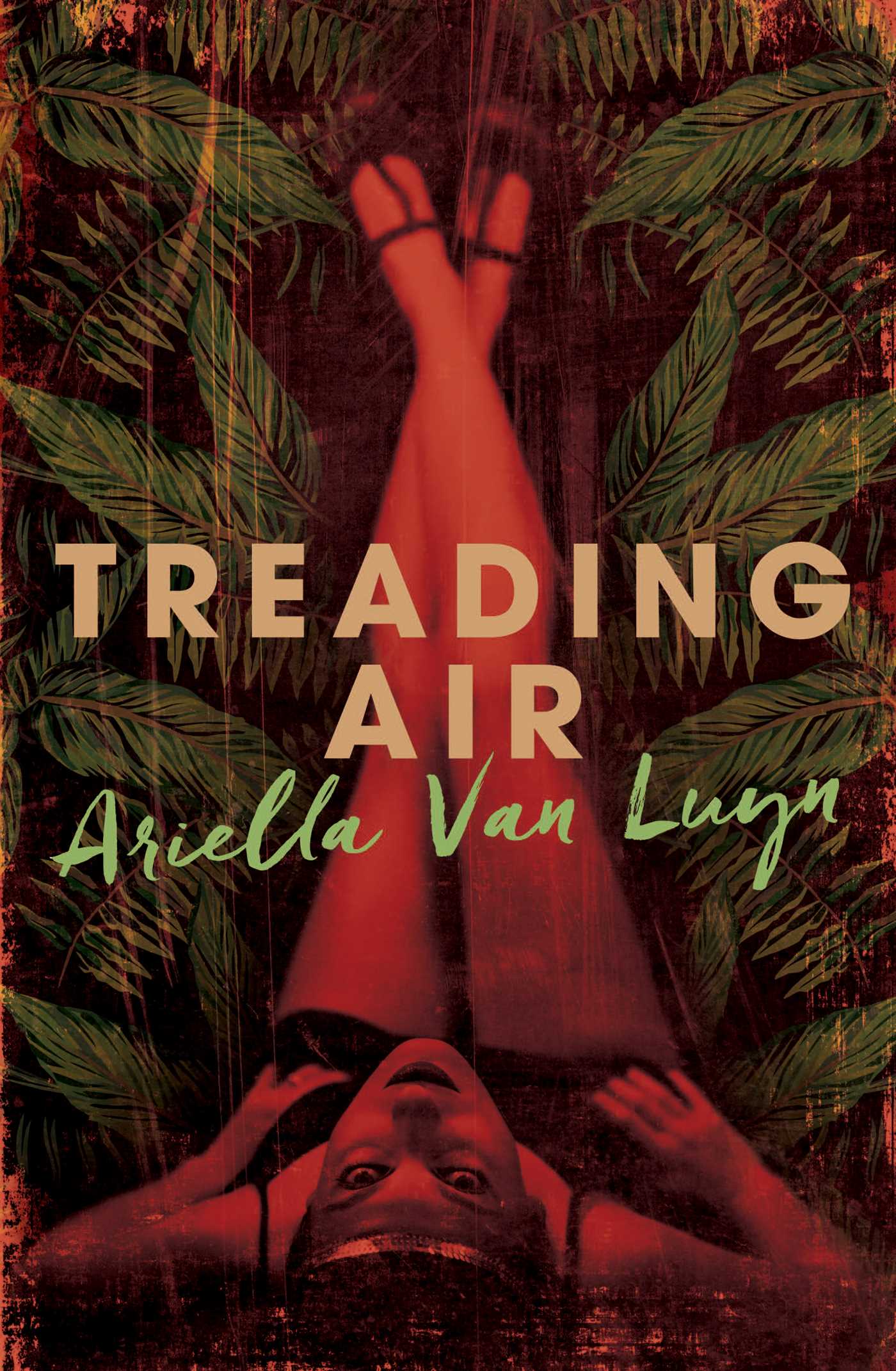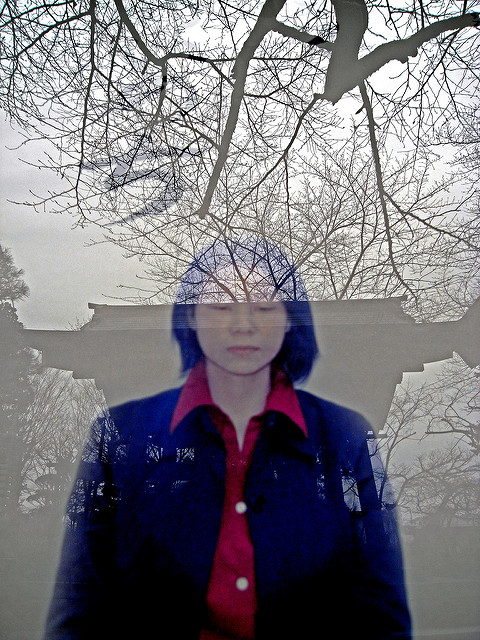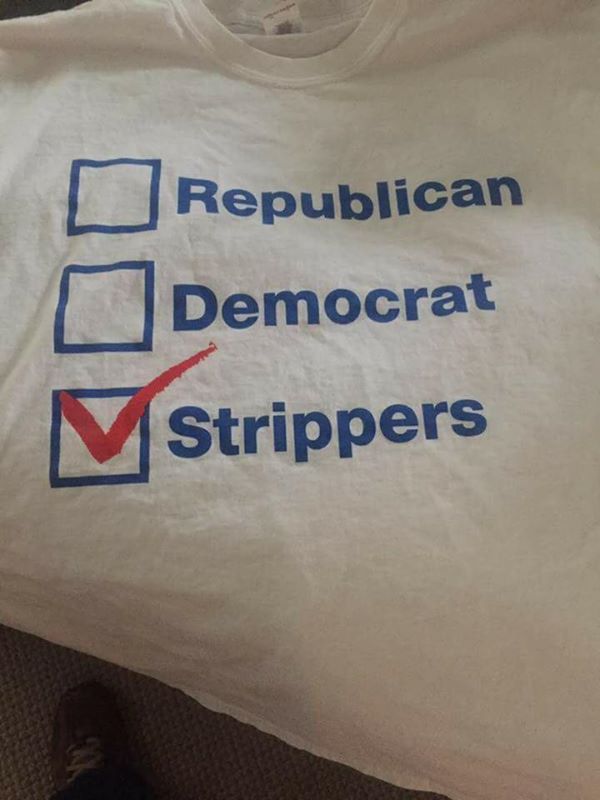Red: In journalist Anne Elizabeth Moore’s new book Threadbare: Clothes, Sex, And Trafficking, in which years of her reporting are illustrated by comic artists Delia Jean, Melissa Mendes, Ellen Lindner, Simon Haussle, and Leela Corman, among others, she takes us around the world, untangling the many levels of exploitation and corruption inherent in the garment… Continue reading Threadbare: Clothes, Sex & Trafficking (2016)
Treading Air (2016)
As a sex worker and a fairly enthusiastic reader, I’ve come across so few of our stories told in fiction—and very few set in my own country of Australia. So when I recently discovered Ariella van Luyn’s 2016 novel Treading Air, I was instantly intrigued. It had a fascinating historical premise and a sex worker… Continue reading Treading Air (2016)
Are You There, God? It’s Us, Sex Workers
Many people think of whores as being as far from God as possible. We are seen as “fallen women,” people whose moral deficiency has put them at odds with God. When God, morality, and religion are discussed in tandem with sex work, these conversations often promote religious dogma which serves to justify the marginalization of… Continue reading Are You There, God? It’s Us, Sex Workers
What Trump Means For Sex Workers
It is not incidental that Prop 60 in California mandating condom use in porn was defeated in the same election cycle as marijuana was legalized in many states and Donald Trump ascended to the presidency. We are witnessing the inherent contradictions of a neoliberal marketplace, contradictions that should make sex workers and our allies reconsider… Continue reading What Trump Means For Sex Workers
Naked Music Monday: Take Your Vote to the Poles
I don’t want to alarm anyone, but tomorrow is election day. Are you registered to vote? Good. Do you know your polling location? Excellent. Got a handle on the candidates’ platforms? Fantastic! Sounds like you’re ready to vote. Voting for president as a sex worker for most feels somewhere between futile and downright alienating. It’s not… Continue reading Naked Music Monday: Take Your Vote to the Poles




